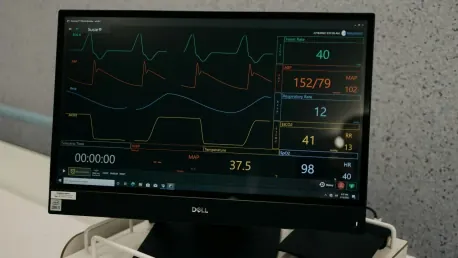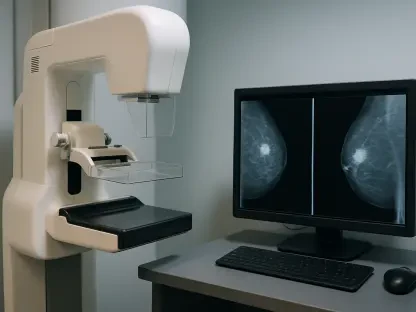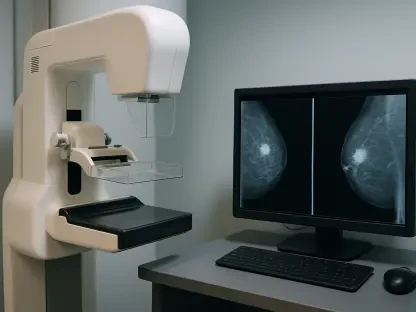The American College of Cardiology (ACC) has unveiled a detailed expert consensus document aimed at improving arrhythmia monitoring following a stroke, a crucial step in preventing recurrent strokes. This document, known as the “2024 ACC Expert Consensus Decision Pathway on Practical Approaches for Arrhythmia Monitoring After Stroke,” outlines tailored strategies designed to aid clinicians in enhancing post-stroke care by effectively identifying and managing atrial fibrillation (AF) and other related arrhythmias.
The primary goal of the guidance is to bolster the detection and management of arrhythmias, particularly atrial fibrillation, an often asymptomatic condition that significantly escalates stroke risk. Traditional methods, such as brief electrocardiogram (ECG) recordings, have limited success in capturing transient AF episodes. The new guidelines thus emphasize the necessity of extended monitoring periods to improve AF detection rates substantially.
Dr. Michael T. Spooner, chair of the writing committee, stressed the link between improved monitoring and the higher detection rates of arrhythmias post-stroke. Despite this, he pointed out that there remains much uncertainty about the effect this increased detection has on preventing secondary strokes. Since stroke remains a leading cause of disability and death worldwide, uncovering its underlying causes is essential for preventing its recurrence.
A particularly notable point made by Dr. Geoffrey D. Barnes from the University of Michigan is that the probability of AF being the cause of a prior stroke diminishes as the time interval between the ischemic stroke and the identified AF episode increases. The document explores various AF detection technologies, which include continuous or intermittent ambulatory ECG monitors, as well as both medical-grade and consumer-grade monitoring devices.
Monitoring arrhythmias post-stroke involves three essential steps: conducting a multidisciplinary evaluation to identify potential stroke mechanisms, performing a risk assessment to ascertain the likelihood of a cardiac arrhythmia contributing to the stroke, and selecting the optimal monitoring strategy that is practical, accurate, and includes appropriate follow-up.
For patients where AF lasting more than five minutes is detected during monitoring, anticoagulation is typically recommended, especially if the individual’s CHA2DS2-VASc score is three or higher. For those without detected AF, continuing antiplatelet therapy is advised.
Overall, the document provides comprehensive guidance on choosing suitable monitoring tools, underscoring the importance of collaboration between clinicians and patients to tailor monitoring strategies and treatment plans. The guidelines synthesize recent significant trials, offering coherent advice to improve post-stroke arrhythmia management practices.
This ACC document equips healthcare providers with valuable insights and practical methods for improving cardiac arrhythmia detection and management following a stroke, with the ultimate aim of reducing recurrent stroke incidence and enhancing patient outcomes.









